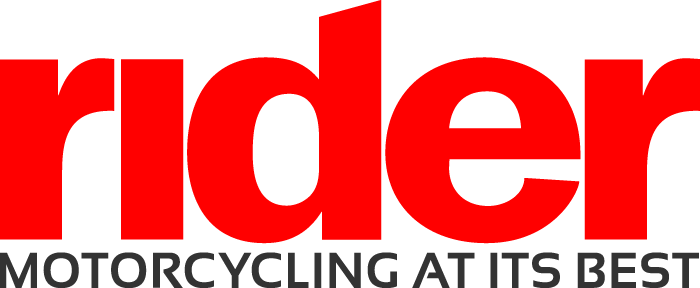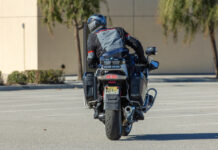Harley-Davidson introduced the current CV carburetor on 1989 Sportsters and 1990 Big Twins. In stock form, it is a decent carburetor, even though some magazine writers and engine tuners think otherwise. The reason for the skepticism is that the motorcycles that Harley manufactures must meet strict emission and noise standards, and the factory complies with those regulations with restrictive mufflers, constricted air filters, very mild camshafts and…carburetors that are jetted to deliver lean air/fuel mixtures.
Making matters worse, the first things that riders change are the mufflers and air filter, and often the camshafts. These modifications allow more air to flow through the motor without any increase in the amount of fuel that is mixed with it. This makes the already lean carburetor jetting even worse. The solution is simple: modify the carburetor’s jetting.
The CV carburetor that has been used on all of these bikes has a 40mm throttle bore and a 39mm venturi, which is adequate for up to 95-inch motors that rev to 5,500 rpm. For bigger or higher-revving motors, Harley’s Screamin’ Eagle line of high-performance parts offers a 44mm and 50mm version of the CV carburetor; of course, there are other choices as well.
A bone-stock 2005 TC88-powered bike equipped with the CV carburetor develops a little more than 60 horsepower at the rear wheel. With a free-flowing air filter, performance mufflers and a jetting change in the CV carburetor, that same Twin Cam motor will easily produce 70 to 75 horsepower at the rear wheel. A hopped-up Evo or Twin Cam motor (performance camshaft, ignition, air filter and mufflers), can be tuned to put out about 85 to 90 horsepower with the OE carb, and in some cases even more.
Setting up a CV carburetor is not a new thing; there have been articles showing how it’s done since 1990. The easiest way is to get a tuning kit. The two most popular tuning kits come from DynoJet and Yost Performance Products. Both include jets, a jet needle, an emulsion tube, drill bits and complete instructions.
Correctly setting up a CV carburetor requires some basic mechanical skill, a good selection of hand tools and a certain degree of patience. The work is not laborious, but to get the carburetor jetting just right you might find yourself doing the same operation a number of times. After all, installing the parts is just the beginning-you then need to fine-tune the carburetor to match your bike’s motor.
We have found that if you follow the recommendations in the tuning kit’s instructions, the engine will have very good throttle response with no hesitation or popping back, which is the biggest complaint of most riders. However, although these kits solve the problem of poor driveability, they tend to deliver poor mileage, usually a drop of 5 to 10 mpg, sometimes more.
There’s a reason for this, as explained to me by Dynojet technician Mike Daniels. The ideal air-to-fuel ratio for proper emission is about 14.7:1 (14.7 parts air to 1 part fuel by weight). When a Harley runs with this mixture, the engine usually hesitates, staggers and spits back through the carburetor. When the air/fuel mixture reaches a ratio of about 13.8:1 or so (less air, more fuel), the rider can begin to feel an improvement in throttle response.
The best mixture for throttle response and drivability is about 13.0:1. In other words, the richer the mixture (to a point), the better the bike runs. Unfortunately, at this kind of mixture ratio, mileage suffers. That’s the important thing to remember about these “performance” carb kits.
They are intended to improve the bike’s performance and driveability at the expense of fuel mileage. The OE carb delivers good mileage and low emissions, and the kits deliver good power and poor mileage. Take your pick.
I might add that tech editor Joe Minton offers a solution that seems to be a good compromise: simply installing the jet needle from a 1988 Sportster and adjust the idle air screw. This usually works very well, and is yet another option.
For further information contact DynoJet,
702-399-1423; www.dynojet.com
Yost Performance Products,
320-983-5410







